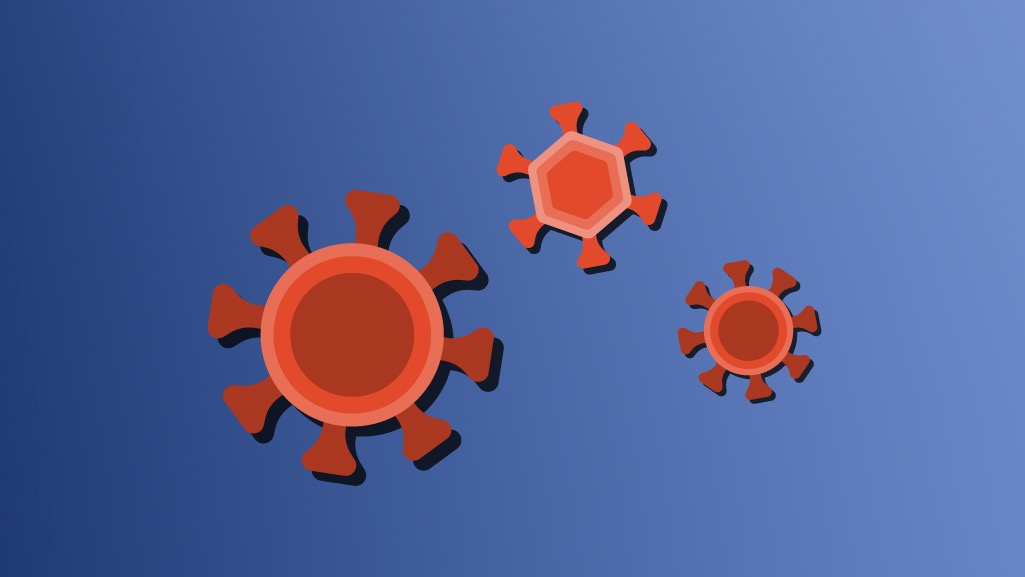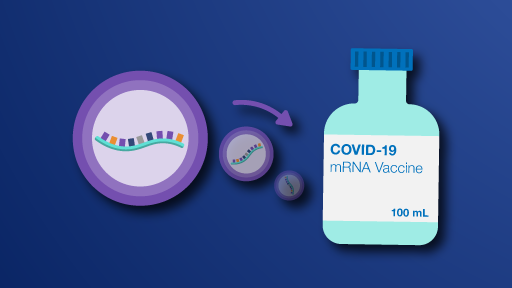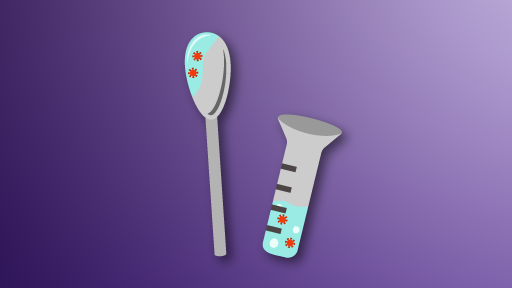Key Points
- mRNA vaccines inject cells with instructions to generate a protein that is normally found on the surface of SARS-CoV-2, the virus that causes COVID-19.
- The protein that the person makes in response to the vaccine can cause an immune response without a person ever having been exposed to the virus that causes COVID-19. Later, if the person is exposed to the virus, their immune system will recognize the virus and respond to it.
- mRNA vaccines are safe and cannot alter your DNA, and you cannot get COVID-19 from the vaccine.
- mRNA vaccines may seem to have arrived quickly, but this technology is built on decades of scientific research that have made these vaccines a reality.
How does an mRNA vaccine work?
mRNA acts as a cellular messenger. DNA, which is stored in a cell’s nucleus, encodes the genetic information for making proteins. mRNA transfers a copy of this genetic information outside of the nucleus, to a cell’s cytoplasm, where it is translated into amino acids by ribosomes and then folded into complete proteins. mRNA is a short-lived molecule, meaning it degrades easily and does not last long inside cells.
By injecting cells with a synthetic mRNA that encodes a viral spike protein, an mRNA vaccine can direct human cells to make a viral spike protein and evoke an immune response without a person ever having been exposed to the viral material.
These viral spike proteins, or antigens, normally coat the surface of the virus and are recognized by antibodies and other immune cells that prepare and protect the body against the virus. If a person is later exposed to the virus, antibodies and other parts of the immune system can recognize and attack the virus before it can infect healthy cells or cause illness.
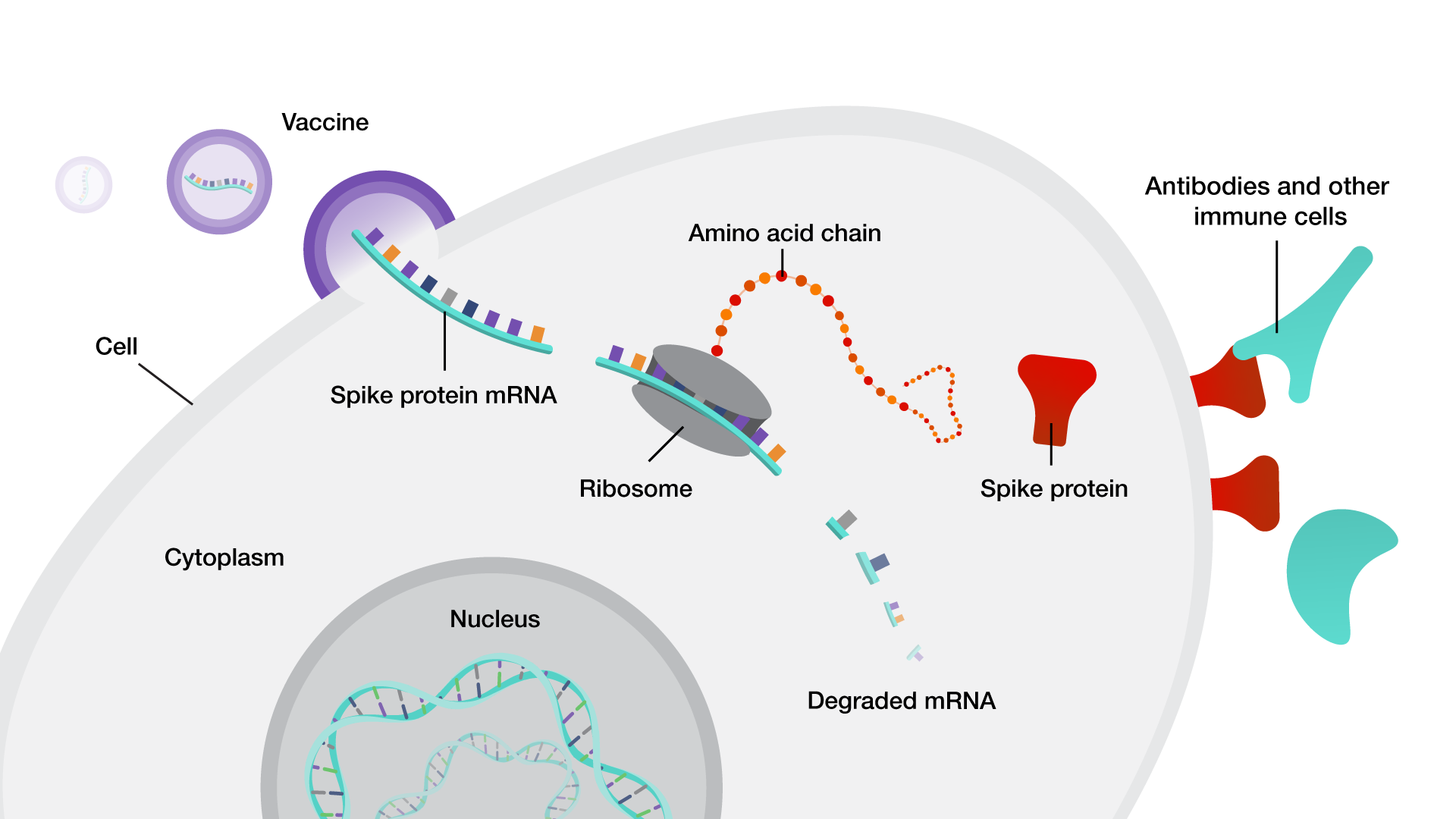
How are mRNA vaccines different from traditional vaccines?
Traditional vaccines work by giving a person either viral proteins or an inactivated or weakened version of a virus that triggers an immune response. mRNA vaccines do not contain viral material. Instead, these vaccines contain lipid or fat bubbles that surround a segment of mRNA, which provide cells with the instructions to make a certain viral protein.
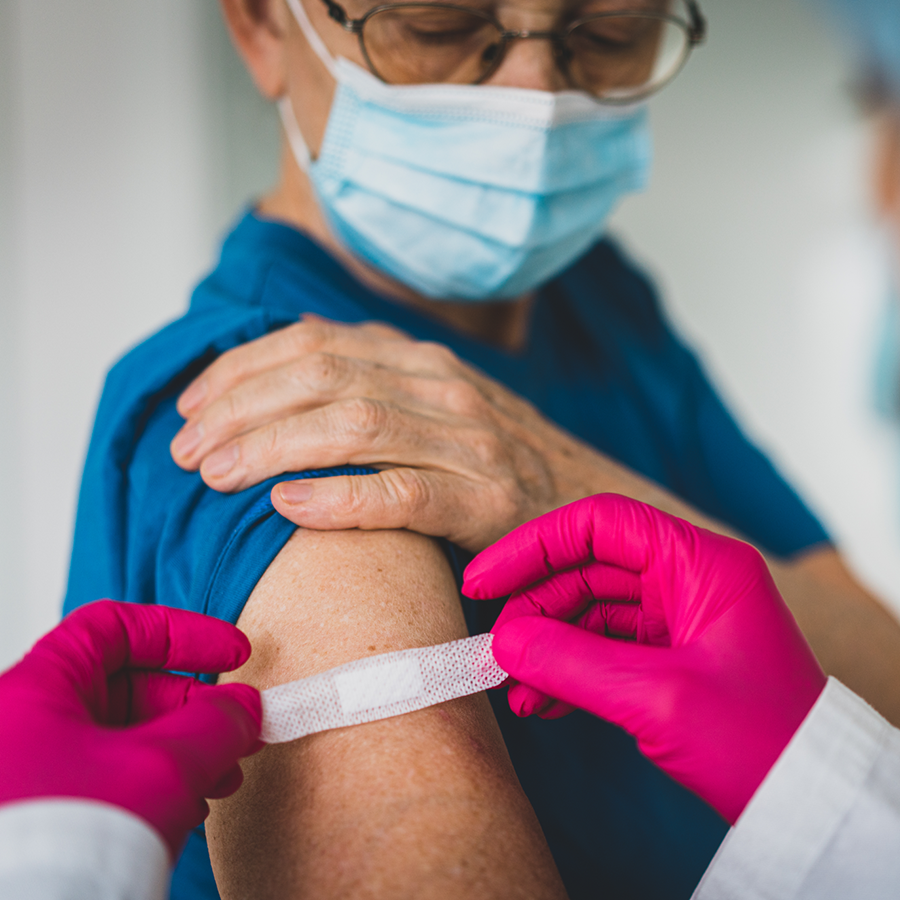
Can mRNA vaccines change your DNA?
No. There is no risk of an mRNA vaccine changing your DNA because mRNA does not have the ability to alter DNA. Your cells constantly make their own mRNA. The synthetic mRNA in the vaccine acts like any other mRNA that your cells make.
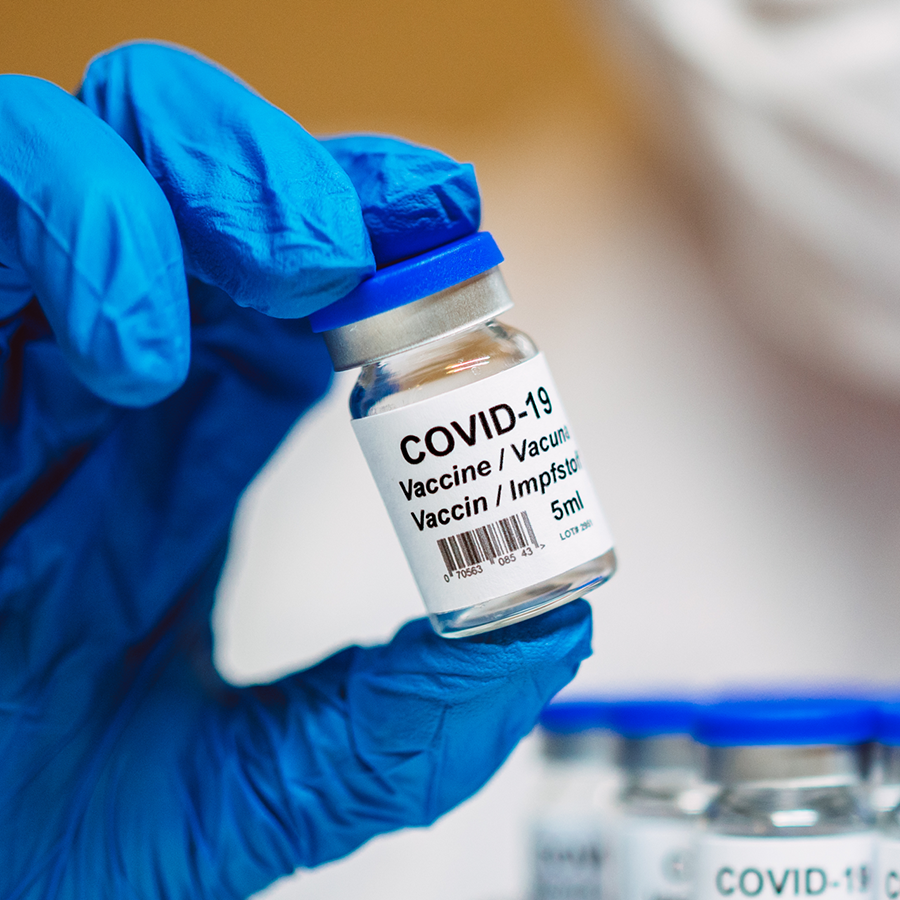
Are FDA-approved mRNA vaccines safe and effective?
Yes. The FDA approval process involves careful review of clinical trial data to independently confirm that a vaccine is safe and effective. Two mRNA vaccines have been tested in large-scale clinical trials that included elderly and medically at-risk individuals; 30% of participants in these trials were from racially and ethnically diverse backgrounds. Both vaccines have reported to result in a range of minor side effects, such as flu-like symptoms, that resolve within one or two days. mRNA vaccines do not contain the SARS-CoV-2 virus, so you cannot get COVID-19 from an mRNA vaccine.

How have mRNA vaccines been produced so rapidly?
One of the most exciting aspects of mRNA technology is how rapidly it can be developed to target a particular virus. While traditional vaccines can take years, creating an mRNA-based vaccine that targets a newly discovered virus can be accomplished in a short period of time (days to weeks to make the new vaccine candidate) and primarily requires knowledge of the viral genetic code. This greatly speeds up vaccine development. mRNA vaccines are built on decades of scientific research. For example, NHGRI has long supported research into the development of nucleotide synthesis technologies that allowed for the creation of synthetic RNA and DNA. With the viral sequence in hand, these technologies have been used to make mRNA vaccines a rapid reality.
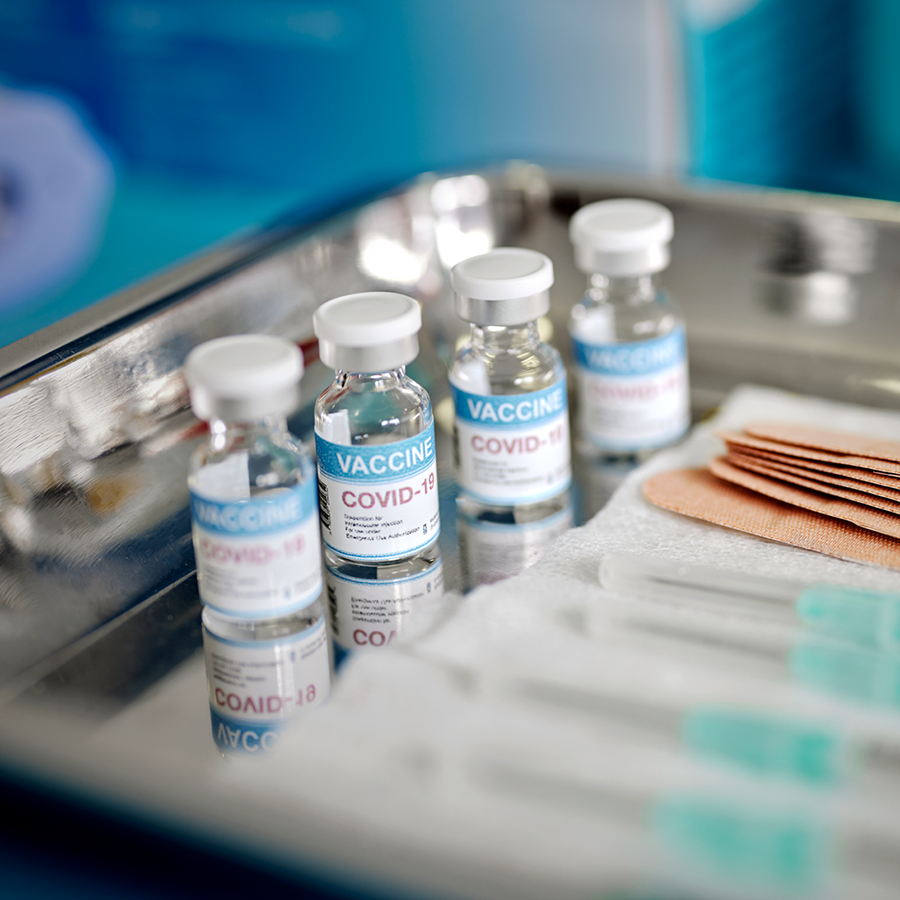
Last updated: August 30, 2021

